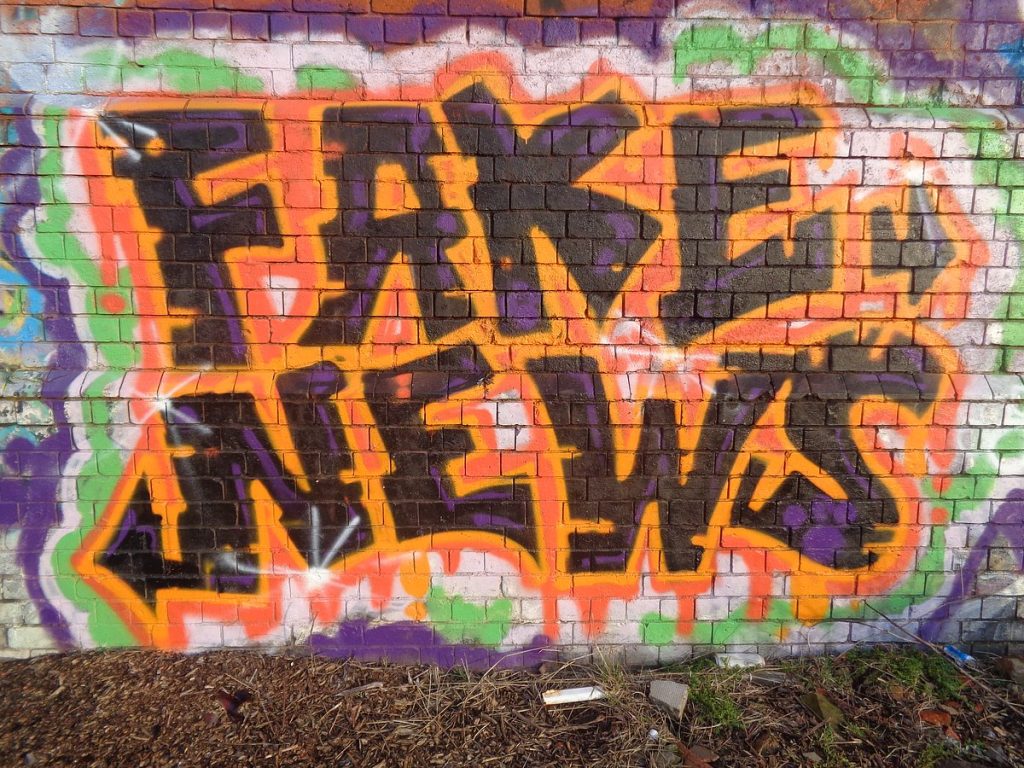Listen to the article
#
In a concerning development for press freedom, Jammu and Kashmir’s Information Directorate has issued a controversial directive aimed at combating “fake journalism” that has drawn criticism from media watchdogs and rights advocates.
The directive requires journalists to submit extensive personal information, including biometric data and bank statements, in what officials describe as an effort to distinguish legitimate reporters from imposters. Critics, however, view this as an unprecedented invasion of privacy and a further step toward controlling the narrative in a region already facing significant media restrictions.
This latest move comes amid what many describe as a deteriorating environment for independent journalism in Jammu and Kashmir. Since the revocation of the region’s special status in 2019, journalists have reported increased surveillance, intimidation, and bureaucratic obstacles to their work.
“When independent media houses are invalidated, pushed to the margins, or forced to shut down, the field becomes ripe for exploitation,” explained a senior editor who requested anonymity due to security concerns. “Professional journalists find themselves without platforms while opportunists fill the vacuum with unverified or deliberately misleading content.”
The rise of what locals call “Mohalla journalism” – informal, often untrained individuals using social media platforms to disseminate information – has created a complex challenge. While some provide valuable community-level reporting, others have been accused of spreading misinformation, engaging in defamation, and even blackmail.
Media experts point out that this phenomenon isn’t unique to Kashmir but has been amplified by the systematic dismantling of established journalistic institutions in the region. The Media Policy 2020, implemented by the administration, gave officials unprecedented powers to determine what constitutes “fake news” and to take legal action against journalists and publications.
“The cure shouldn’t be worse than the disease,” said Geeta Seshu, a Mumbai-based media analyst. “Addressing misinformation requires strengthening independent journalism, not imposing more controls. This directive effectively treats all journalists as suspects rather than professionals performing an essential democratic function.”
Particularly troubling for observers is the support the directive has received from some established journalists, who view it as a potential solution to distinguish credentialed reporters from imposters. Critics argue this perspective misunderstands the government’s intentions, given its track record of press restrictions.
According to data from the Committee to Protect Journalists, at least eight journalists from the region have faced police investigations, detentions, or criminal charges since 2019. Several local publications have shut down or drastically reduced operations due to financial pressures, including the withholding of government advertisements – a crucial revenue source.
“Expecting the same administration that has systematically undermined press freedom to now protect ‘genuine journalism’ shows a fundamental misreading of the situation,” noted a former newspaper publisher from Srinagar. “This directive isn’t about improving journalistic standards; it’s about extending control.”
The Information Directorate’s actions reflect a broader global trend of governments using legitimate concerns about misinformation to implement measures that ultimately restrict press freedom. Similar patterns have emerged in other regions facing political tensions, from Belarus to Myanmar.
For Kashmir’s journalists, this latest directive represents yet another obstacle in an already challenging landscape. Many face the impossible choice between submitting to invasive monitoring or potentially losing their accreditation and access.
As one veteran reporter put it: “Journalism in Kashmir today exists in a state of perpetual crisis. The real tragedy is that when professional journalism is suppressed, the information vacuum doesn’t remain empty – it gets filled with something worse.”
Fact Checker
Verify the accuracy of this article using The Disinformation Commission analysis and real-time sources.




9 Comments
This is certainly a concerning development for press freedom. Requiring extensive personal information from journalists seems like an overreach and potential invasion of privacy. It’s worrying to see further restrictions on independent media in the region.
This is a troubling development that could have wider implications for the flow of information. Journalism should remain a free and open profession, not one constrained by invasive data demands. I hope the authorities reconsider this directive.
Absolutely. Legitimate journalists play a vital role in society, and measures that undermine their ability to operate freely are concerning. Transparency and accountability are important, but not at the expense of press freedoms.
While the goal of combating fake news is understandable, this directive seems like an overreaction that could do more harm than good. Journalists need to be able to do their jobs without undue interference or invasive data demands.
Maintaining the integrity of legitimate news is important, but this directive seems like a heavy-handed approach that could backfire. Journalists need to operate freely without facing such intrusive requirements. I hope a more balanced solution can be found.
Combating ‘fake journalism’ is a noble goal, but this directive raises serious concerns. Journalists need to be able to operate freely without excessive bureaucratic hurdles or surveillance. I hope this doesn’t lead to further marginalization of independent voices.
I agree, this directive could be a slippery slope toward greater control over the media narrative. Protecting press freedom should be the priority, not imposing onerous requirements on legitimate journalists.
This directive is troubling and appears to be another attempt to restrict independent journalism in the region. Journalists should not have to submit extensive personal information just to do their jobs. I hope this is reconsidered before it further erodes press freedom.
While the goal of combating fake news is understandable, this directive raises serious concerns about press freedom and privacy rights. Journalists should not have to submit biometric data and bank statements just to do their jobs. This is a worrying development.